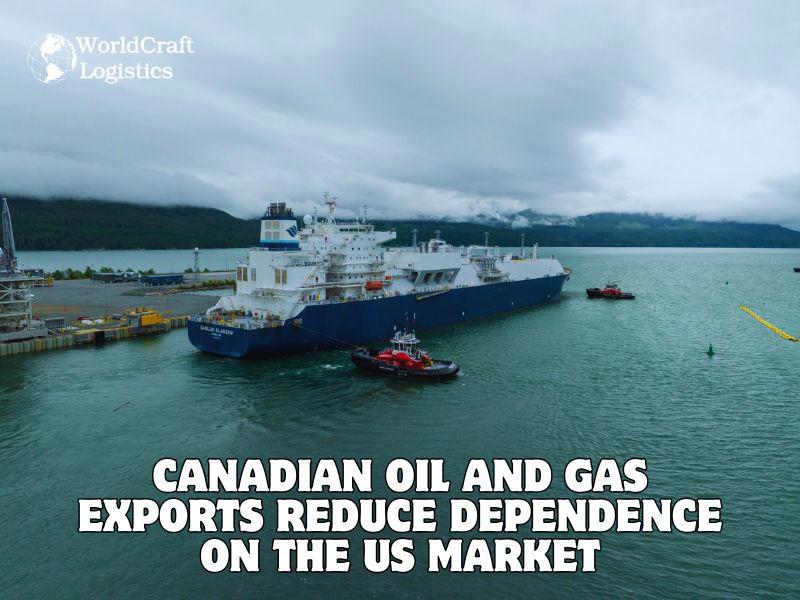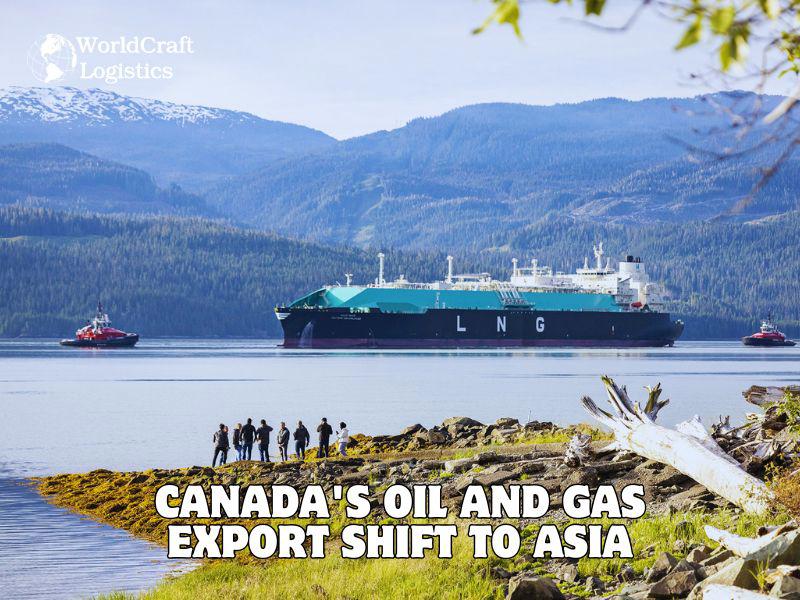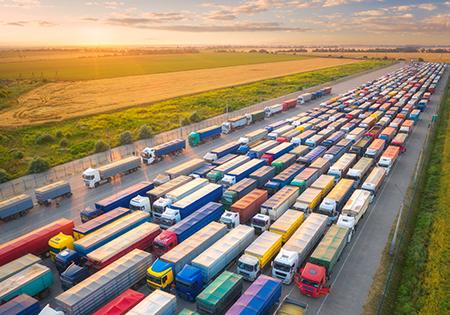
Starting June 1st, 2023 Our warehouse fee will be $0.65/cubic foot per month
In effort to lower the warehouse storage fee during inflation, we have went narrow aisle racking.This construction took us four months but the project is finally completed. With narrow aisle racking, we are able to drop storage by 24%.We as partners will go through this inflation together.
07/07/2025
Canada has officially launched its first major liquefied natural gas (LNG) shipment to Asia, marking a significant turning point in the country’s export strategy. A tanker loaded with LNG departed from Kitimat, British Columbia, bound for South Korean events hailed by Canadian officials as a move to diversify trade partnerships beyond the United States.
The milestone shipment is a product of the $35 billion LNG Canada project, a decade-long endeavor backed by Shell and other partners. Prime Minister Mark Carney described the event as Canada “turning aspiration into action,” envisioning the country as a global energy leader.
Historically, over 90% of Canada’s oil and gas exports have been directed to the U.S., a dependence that has come under scrutiny due to trade tensions, tariffs, and geopolitical instability. The U.S. shale gas boom has also led to a saturation of the North American market, reducing demand for Canadian supply.
The LNG shipment to South Korea signals Canada’s intent to engage more actively with Asian markets, where energy demand continues to grow rapidly especially in countries like China, South Korea, and Japan.

Despite its global ambitions, Canada’s energy industry remains entangled in domestic disputes. Alberta, a landlocked province rich in oil and gas, continues to press for more pipelines and port access through British Columbiarequests met with opposition from environmentalists, local residents, and Indigenous communities.
The Coastal GasLink pipeline, which feeds the LNG Canada plant, has faced environmental fines and backlash from hereditary leaders of the Wet’suwet’en Nation, despite support from elected leaders and economic partnerships with some Indigenous groups.
Shell, the largest stakeholder in LNG Canada, has positioned the project as part of the global energy transition suggesting that Canadian LNG could replace coal in Asian power grids. However, critics point out that liquefied natural gas production involves significant methane emissions and infrastructure development that could contradict climate goals.
British Columbia’s Environmental Assessment Office has already fined Coastal GasLink nearly 1.4 million CAD for environmental violations, including poor erosion control.

Energy economists view Canada’s pivot toward Asia as part of a broader global rebalancing. Russia’s isolation following the Ukraine conflict and unpredictable U.S. trade policy have pushed many countries to reassess long-term supply agreements. In this context, Canadian LNG is seen as a strategic alternative particularly in East Asia.
LNG Canada plans to double its output at the Kitimat facility, and at least six more LNG export terminals are in development across Canada’s western coast.
From a logistics and international trade perspective, Canada's successful launch of LNG exports to Asia highlights an important trend in global energy supply chain diversification. This shift not only introduces new LNG shipping routes through the Pacific but also increases competition among global suppliers, which may impact shipping rates and capacity planning.
However, while this development is promising, stakeholders including energy firms, carriers, and policymakers must account for ongoing environmental and Indigenous rights concerns, which could affect project timelines and operational logistics.
With global LNG demand rising and markets looking to decarbonize, shipping providers and logistics partners should watch this space closely, particularly for evolving regulations, route optimization opportunities, and infrastructure developments at ports like Kitimat.
*Related Reading:
LNG Shipping Rates Hit Five-Year Lows Amid Increased Vessel Availability
What is Liquefied Natural Gas (LNG)? How to transport bulk LNG?
*This article has been edited and restructured to suit the informational needs and audience of Worldcraft Logistics.
SEO
Digital Marketing/SEO Specialist
Simon Mang is an SEO and Digital Marketing expert at Wordcraft Logistics. With many years of experience in the field of digital marketing, he has shaped and built strategies to effectively promote Wordcraft Logistics' online presence. With a deep understanding of the logistics industry, I have shared more than 500 specialized articles on many different topics.

Hot News
08/05/2024

Hot News
02/23/2023

Hot News
02/23/2023

Hot News
02/06/2023
Hot News
02/07/2023